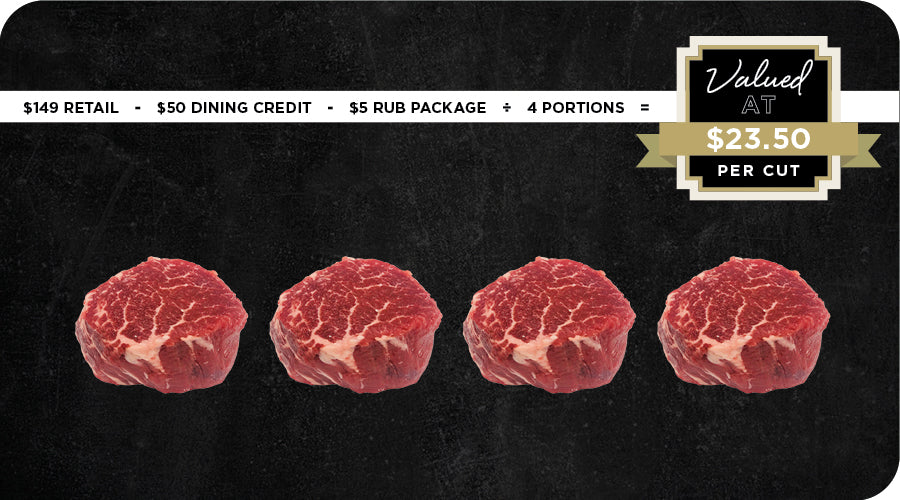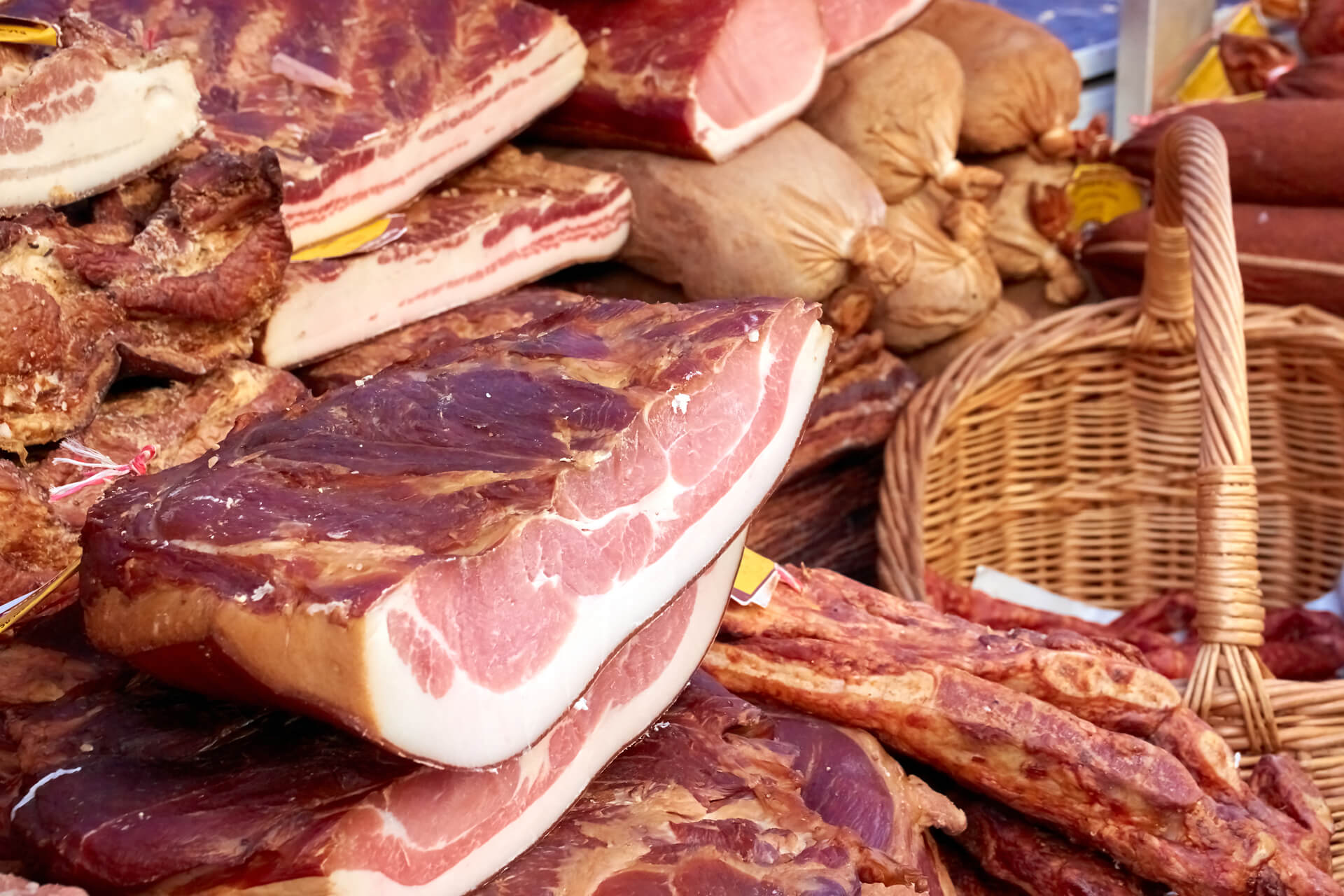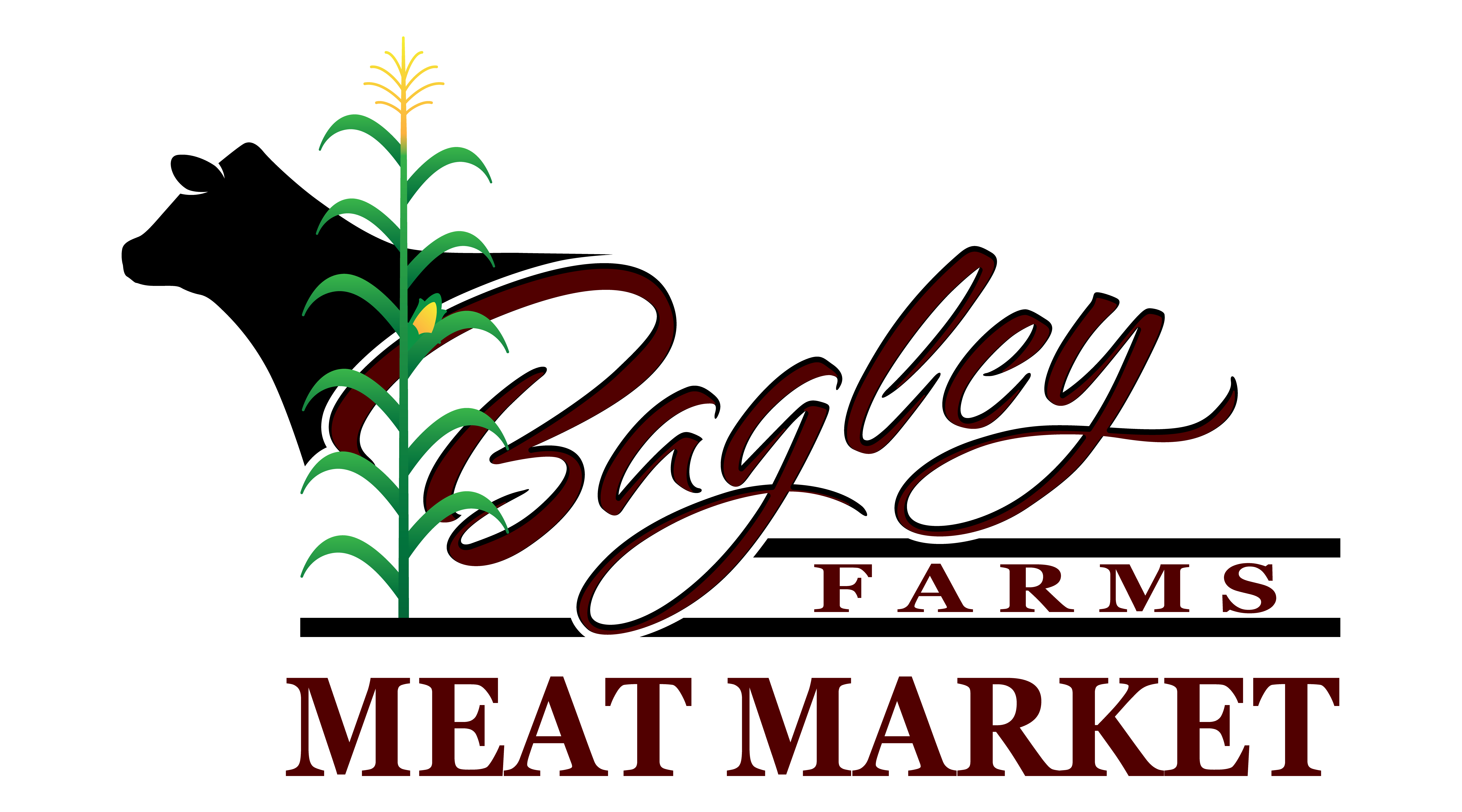Bagley Meat Market Edwardsville IL – A Tradition of Serving the Best Meats to Locals
Bagley Meat Market Edwardsville IL – A Tradition of Serving the Best Meats to Locals
Blog Article
Why Shopping at a Neighborhood Meat Market Guarantees Fresh, High-Quality Cuts
Shopping at a local meat market supplies distinct benefits that typically go undetected by consumers accustomed to larger retail chains. The effects of picking neighborhood extend past prompt benefits, motivating a better examination of what this choice really indicates for both customers and the neighborhood economic situation.
Benefits of Local Sourcing
In the world of food procurement, the benefits of neighborhood sourcing stand apart prominently. By buying meat from neighborhood markets, customers gain straight access to items that are usually fresher and extra tasty than those found in larger, industrial grocery stores. Regional sourcing lowers the time and range food takes a trip from ranch to table, which not only enhances preference however additionally preserves dietary worth.

Moreover, regional sourcing frequently supplies transparency concerning the origins of the meat. Consumers can ask about the farming techniques utilized, pet well-being criteria, and whether the meat is grass-fed or organic. This details equips customers to make informed decisions straightened with their values.
Quality Assurance Criteria
Neighborhood meat markets often comply with rigorous quality assurance criteria that make sure the items supplied meet high safety and security and freshness criteria. These standards typically encompass numerous stages of the meat production process, from sourcing to dealing with and storage space.
First, regional markets usually establish strict supplier standards, making sure that just trustworthy farms and manufacturers are made use of - bagley meat market edwardsville il. This lowers the possibility of contamination and promotes higher pet welfare standards. In addition, lots of local meat markets apply regular evaluations to confirm that the meat is processed under sanitary problems, even more decreasing wellness risks
Temperature control is an additional crucial facet of quality control. Local meat markets often keep an eye on refrigeration systems to preserve ideal storage temperatures, making certain that meat stays risk-free and fresh for intake. Moreover, the application of traceability systems allows markets to track the origin of their products, providing transparency and responsibility.
Lastly, team at regional meat markets are commonly educated to recognize indications of wasting and understand correct handling strategies. This commitment to top quality control not only raises the general standard of the meat yet additionally cultivates consumer depend on, making regional meat markets a trustworthy source for premium cuts.
Sustaining Local Farmers
Supporting regional farmers is important for promoting a sustainable food system and improving neighborhood resilience. They directly contribute to the incomes of farmers in their area when customers pick to go shopping at local meat markets. This not only supports the local economy but likewise strengthens the farming market, making sure that it stays sensible and lively.


Additionally, sustaining local farmers promotes a sense of community and connection between consumers and manufacturers. It urges transparency in food sourcing and imparts depend on, as consumers can develop connections with the people that increase their food. This straight link eventually causes a much more engaged and informed public, which is critical for promoting for sustainable agricultural practices in the future.
Lasting Practices
Lasting methods in meat markets play a vital role in advertising ecological stewardship and guaranteeing animal welfare. Regional meat markets usually prioritize sourcing their products from ranches that execute lasting and ethical farming approaches. These practices consist of rotational grazing, which aids preserve soil wellness and reduces carbon discharges, along with decreasing using antibiotics and hormones in animals.
Furthermore, regional meat markets commonly stress openness in their supply chains. Customers are given with details pertaining to the origin of their meat, permitting them to make informed choices that align with their values. By sustaining regional farmers who practice lasting techniques, customers add to the preservation of biodiversity and the decrease of transportation emissions related to long-distance meat circulation.
Furthermore, many local meat markets take part in waste reduction strategies, such as making use of every part of the animal and promoting off-cuts that could or else go unsold. By fostering a more sustainable approach to meat usage, these markets not just offer top notch items yet likewise look these up contribute positively to the environment and pet welfare. Essentially, shopping at a local meat market straightens customers with a more comprehensive activity towards ethical and liable food sourcing.
Personalized Client Service
Buying at a meat market commonly encompasses more than simply the items offered; it is also regarding the experience and the partnerships constructed in between customers and team. Personalized customer support is a characteristic of local meat markets, setting them besides larger grocery chains. Well-informed personnel take the time to comprehend individual client choices, ensuring that each check out is customized to particular requirements.
Customers gain from professional recommendations on cuts, food preparation techniques, and preparation ideas, fostering a sense of count on and loyalty. This customized communication permits clients to ask concerns and seek referrals, causing informed investing in decisions. Staff participants frequently bear in mind normal clients and their choices, producing a welcoming ambience that cultivates area ties.
Additionally, customized service expands to special demands, such as custom-made cuts or details preparation approaches, which bigger sellers may not suit. This degree of interest reinforces the dedication of neighborhood meat markets to top quality and client fulfillment.
Basically, individualized client solution not only improves the shopping experience but also makes sure that clients entrust to the very best items fit to their cooking needs, making every browse through a fulfilling one.
Conclusion
Supporting regional farmers promotes area partnerships and reinforces the regional look at here economy, while lasting practices add to ecological stewardship. Additionally, individualized client solution boosts the purchasing experience, making regional meat markets a preferred option for customers looking for both quality and ethical considerations in their food sourcing.
The ramifications of choosing regional expand beyond immediate benefits, triggering a more detailed evaluation of what this option truly implies for both consumers and the regional economic situation.
Sustaining neighborhood meat markets likewise adds to the regional economic situation. Regional meat markets regularly check refrigeration systems to keep optimum storage temperature levels, guaranteeing that meat remains secure and fresh for consumption.Neighborhood farmers are commonly much more attuned to the certain requirements of their communities, elevating and expanding plants animals that line up with regional tastes and preferences. Sustaining neighborhood farmers fosters area relationships and strengthens the local economic climate, while lasting practices contribute to environmental stewardship.
Report this page